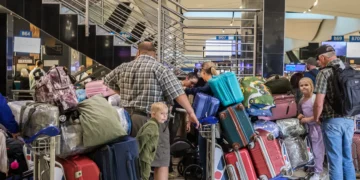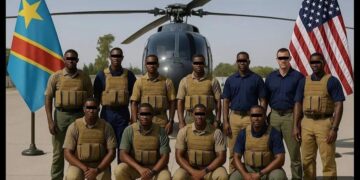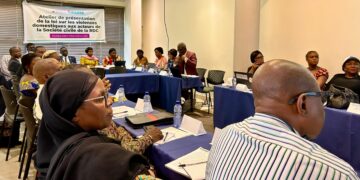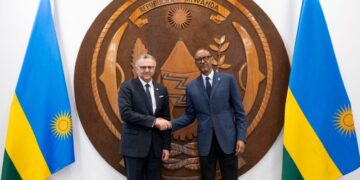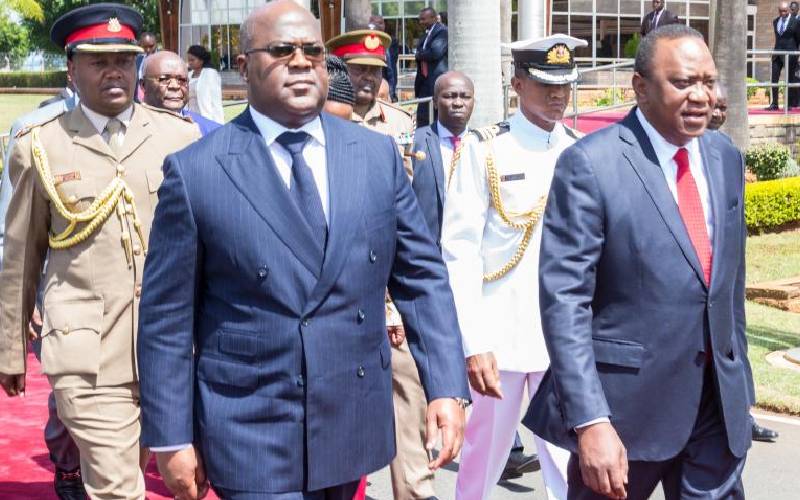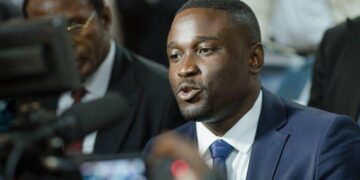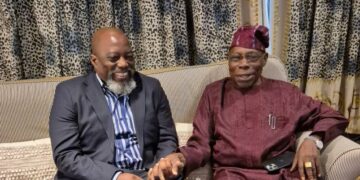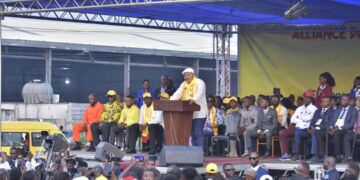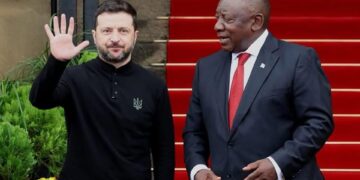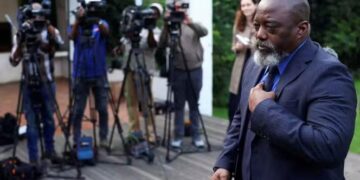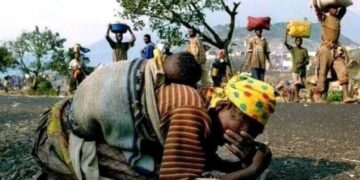The group, consisting primarily of Afrikaner families, was granted humanitarian entry on grounds of alleged “systemic racial discrimination” in South Africa.
The South African transport ministry confirmed the departure and noted that the group had been processed with minimal publicity, due to the “sensitive and politically charged nature” of the program.
The group includes 11 families and several single individuals. Most are middle-aged couples with young children, though some elderly applicants were also part of the cohort. All are native Afrikaans speakers and self-identify as Afrikaners descendants of European settlers, primarily Dutch, French Huguenot, and German.
According to U.S.-based aid organizations assisting with the relocation, many of the applicants had previously lived in rural areas of Gauteng, Mpumalanga, and the Free State, where they claim they faced insecurity linked to violent crime and economic displacement.
Several members of the group previously applied for emigration via skilled worker and investor programs but turned to the refugee channel after failing to meet U.S. visa thresholds.
“This is not about privilege—it’s about safety and survival,” said Johan du Plessis, a 42-year-old mechanic from Bloemfontein who emigrated with his wife and two children. “We’re not being driven out by war, but by policies that have slowly closed doors for our children.”
Resettlement candidates cited a combination of factors:
-
Affirmative action policies they say limit employment and educational opportunities for white South Africans;
-
Land reform legislation, including fears (some unfounded, others real) over land expropriation without compensation;
-
High levels of rural crime, particularly farm attacks, though statistics do not support claims of racial targeting on a systemic level;
-
A perceived lack of political representation for the Afrikaner minority in modern South Africa.
Some also referenced psychological stress from what they described as a growing “anti-white” sentiment in media and politics, although such claims remain contentious and heavily debated both domestically and abroad.
Upon arrival in the U.S., the group will be temporarily housed at two processing centers in Texas and Idaho, states with strong evangelical and conservative communities that have historically supported Afrikaner migration.
They are being sponsored under private refugee resettlement initiatives led by U.S. Christian organizations such as “American Families First” and “Safe Haven Ministries.” These groups fund housing, job placement, language assistance, and cultural orientation.
Each family underwent background and security screening through U.S. Homeland Security and had to demonstrate “credible fear” of persecution or discrimination in their home country.
A senior staff member at American Families First described the resettlement as “a necessary response to an overlooked humanitarian concern.”
“These are families who feel forgotten—marginalized in their own land. We’re not here to debate South African politics. We’re here to give them a future,” said program director Rachel Moore.
The South African government has rejected the premise that white Afrikaners face systemic persecution, insisting that affirmative action and land reform are lawful tools for redressing historical injustices.
“To suggest that Afrikaners are victims of racial oppression in South Africa today is both inaccurate and deeply offensive to the country’s post-apartheid progress,” said a spokesperson for the Department of International Relations and Cooperation (DIRCO).
Human rights groups in the U.S. have also criticized the program, arguing that it reflects racial bias in refugee selection and distracts from more urgent humanitarian crises involving war and displacement in Africa, the Middle East, and Latin America.
While this first group is relatively small, some experts believe it may open the door to more applications. Conservative lawmakers in the U.S. have already introduced bills to expand resettlement quotas for “minority communities facing cultural extinction,” with Afrikaners specifically named.
At the same time, South African civil society remains divided. Some argue the migration is a matter of individual choice in a globalized world, while others view it as a dangerous attempt to rewrite narratives of privilege as persecution.
Whether this wave will remain isolated or grow into a broader trend depends on both political developments in the U.S. and how South Africa manages its complex balance of reconciliation, reform, and national identity.


